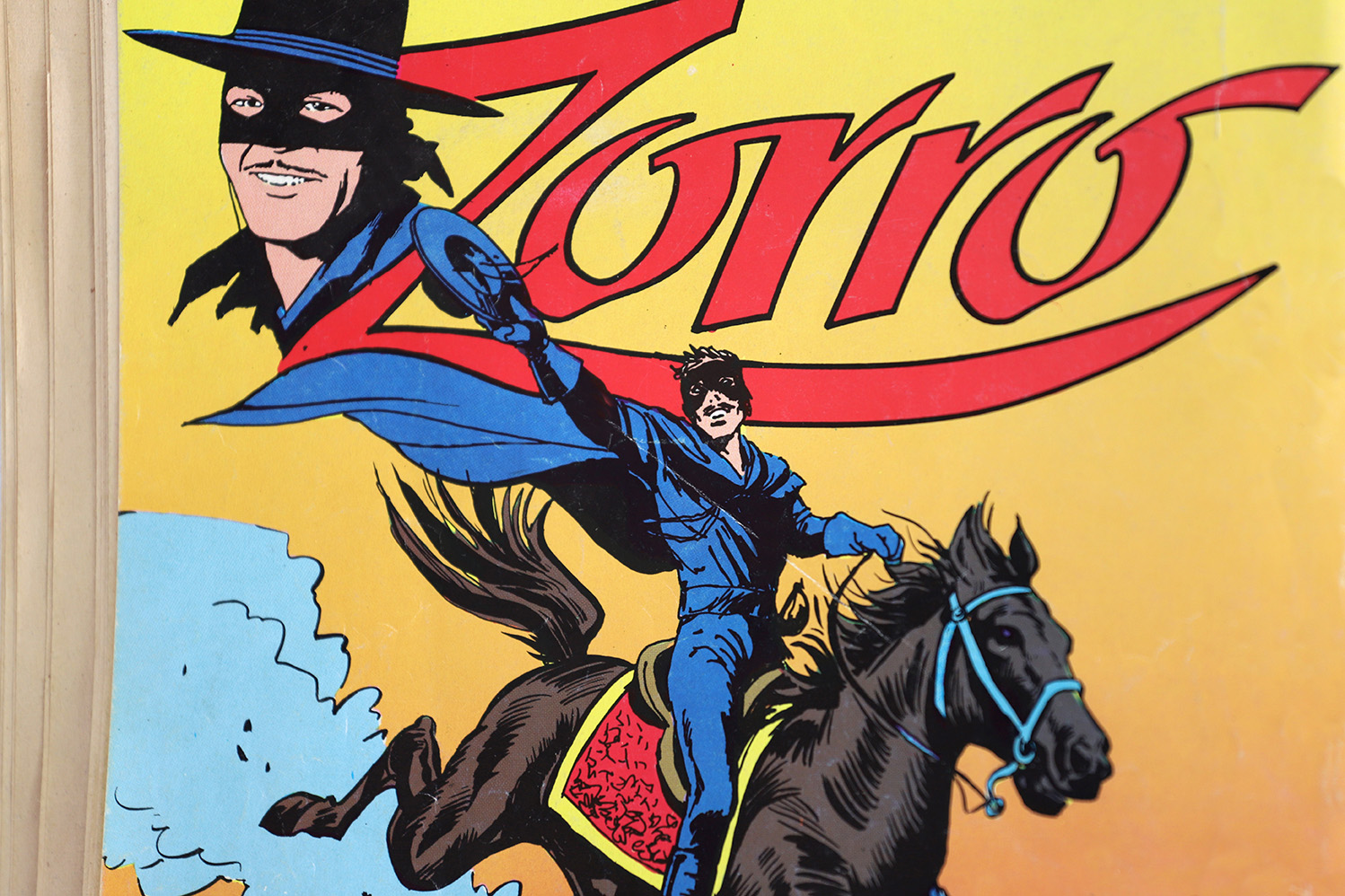The Court of Cassation resolves the controversial question about the legality of the parody of a fictional character still protected by copyright to advertise a commercial product.
The story began in 2007 when the US company Zorro Productions, owner of the rights of economic exploitation of the character of Zorro, as well as word and figurative marks focused on this literary figure sued an Italian company because of a television and radio commercial in which the character of Zorro was used, in a comic and satirical way, to advertise a mineral water.
After a series of ups and downs, with discordant rulings of the judges of merit and after a first pronouncement of the Supreme Court, the Judge to which the latter has referred (the Court of Appeal of Rome) established that Zorro is a fictional character protected by copyright and therefore also his (alleged) parody was considered prohibited. In transposing Directive 2001/29/EC into national law, Italy had not availed itself of the option provided for in that Directive (according to which Member States may provide, as an exception to the right of reproduction and communication to the public, for use in caricatures, parodies or pastics).
However, the case did not end with this decision, against which a further appeal to the Supreme Court was brought. The latter, in putting an end to the specific story (by order of 30/12/2022) has finally clarified the concept and limits of the parody, First, by stating that – irrespective of what is provided for in Directive 2001/29/EC – Italian law already recognised the provisions of that Community provision.
Having said this, the Supreme Judges have established that “The parody of a work is nothing more than a reworking implemented through a caricatural imitation carried out with satirical, humorous, however critical purposes …. from which we then depart to the the purpose of conveying a message other than that targeted by the author of the work or character in question.”
Moreover, the Supreme Court also ruled that, according to the provisions of art. 70, comma 1, L. n. 633/1941 (on Copyright), parody is prohibited in the presence of a competitive relationship between the protected and parodied work and the parody itself, since it would result in an illegal exploitation of the original work.
Therefore, with this important decision the Court of Cassation has established the guidelines to find a balance between the opposing interests of those who hold the rights of reproduction and communication to the public of the original work and the freedom of expression of those who intend to propose a parody of the original.

